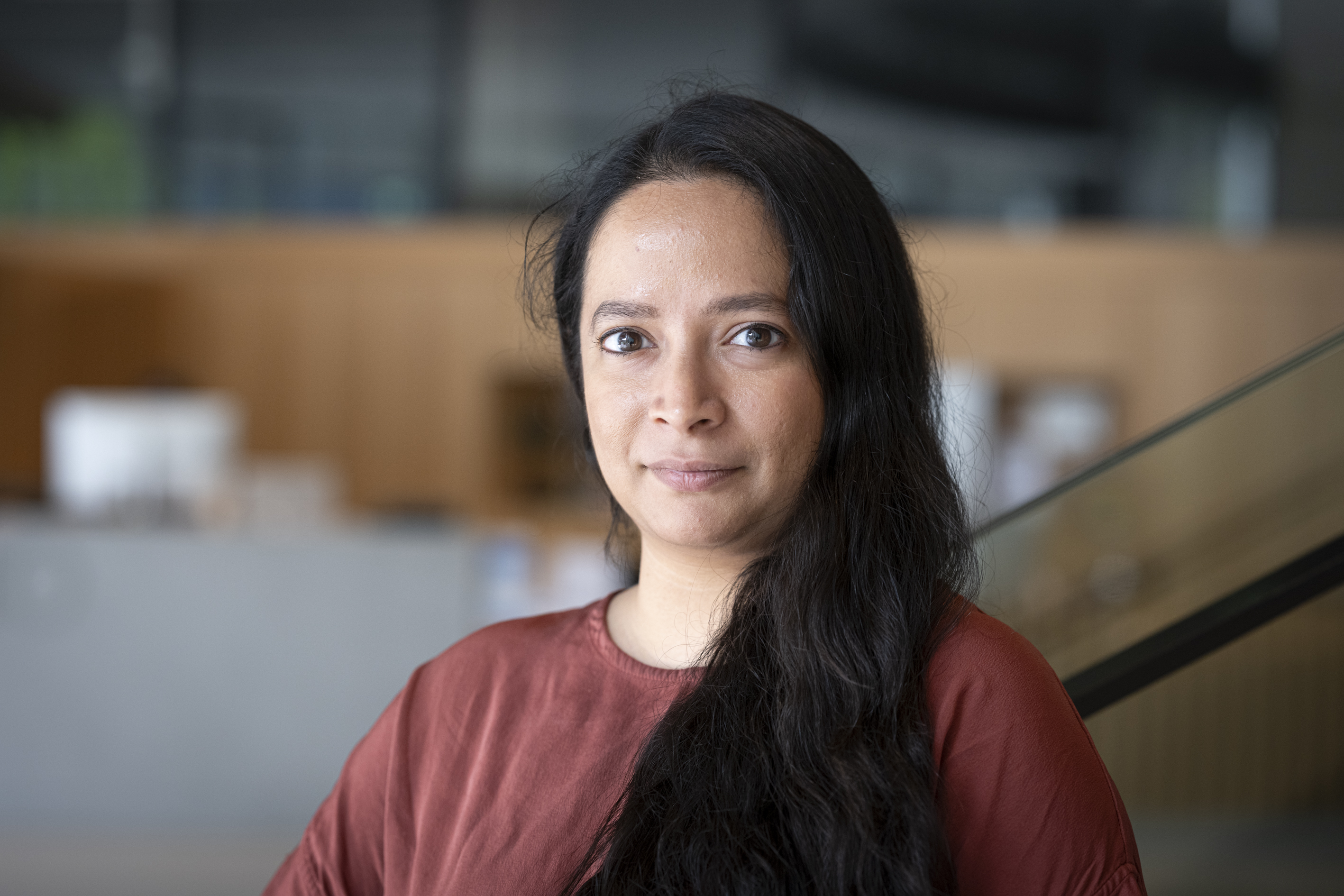Stefan Witte joins Imaging Physics as professor
Delft University of Technology's Executive Board has appointed Stefan Witte as professor of Optics for nanoscale metrology in the Imaging Physics department of the Faculty of Applied Sciences as of September 2024. Thanks to the TU Delft Excellence Fund, Stefan Witte can get off to a flying start with his new research group and expects to obtain the first research results soon.
Visualising nanostructures
Stefan Witte will work on ways to visualise three-dimensional (3D) nanostructures. "A typical example of such structures are computer chips, in which the smallest elements have dimensions of just a few nanometres. They also consist of multiple layers of such tiny structures," Witte explains. "Microscopy with light is difficult in this case, because these structures are much smaller than the wavelength of visible light."
This is why Witte works with extreme ultraviolet (EUV) light: the wavelength of this light is short enough to portray such nanostructures with. To achieve this, he is researching ways to produce EUV light using intense, ultra-short laser pulses. He is also working on 'lensless microscopy', because good lenses are not available for this type of light. "The idea is that we understand pretty well how light scatters from small objects. By measuring that scattering and using smart algorithms, we can still reconstruct an image of an object," the researcher says.
'Echoes' of hidden structures
Witte is also developing a technique called photoacoustics to image opaque structures in 3D. "You cannot use light directly to look inside such structures," Witte says. "Instead, I use short pulses of light to generate sound waves at the surface of such an object. Those sound waves do move through the object, and the 'echoes' of hidden structures can then be detected at the surface with light."
Flying start through Excellence Fund
The new group leader is partly appointed at the Imaging Physics department thanks to support from the TU Delft Excellence Fund. Witte: "The Excellence Fund gives me the opportunity to get off to a flying start in the department. I can appoint several researchers and start building experiments. That is very nice because we’re able to get the first research results soon, and build up the group based on these results. It also ensures that I can quickly offer students challenging experimental thesis projects."
Mundane and enormously powerful
What is Witte's personal motivation for doing research? "Optics is special, in the sense that on the one hand it is very mundane – everyone knows what light is and uses it daily. On the other hand, it is an enormously powerful tool for learning about matter at the micro- and nanoscale. Experiments with lasers are fun to do, also because you can do many different kinds of measurements relatively easily. And then try to go a little beyond what was possible so far, by looking at a problem from a slightly different angle or approaching an experiment differently."
Enabling technology
“I would like to get in touch with people inside and outside the faculty," Witte says. "I see imaging as an enabling technology: it enables other research and new applications. In that respect, I see all kinds of opportunities for collaboration with the other departments within Applied Sciences, and also with research at other faculties involving the characterisation of nanostructures."
Stefan Witte received his PhD (cum laude) in 2007 from the Vrije Universiteit Amsterdam, for research on intense ultrafast laser development and precision spectroscopy with frequency combs. He did postdoctoral work at on nonlinear microscopy and biomedical imaging (Vrije Universiteit) and on ultrafast electron dynamics and lensless imaging with high-harmonic sources (JILA, University of Colorado).
From 2014, Stefan worked at the Advanced Research Center for Nanolithography (ARCNL), where he lead the EUV Generation and Imaging group at ARCNL and was the head of the Metrology Department. Since 2019, he was also an associate professor at the Vrije Universiteit Amsterdam.
Stefan was awarded an ERC Starting Grant in 2014, an ERC Consolidator Grant in 2019, and an NWO VICI grant in 2022. He is also a Principal Investigator in the NWO-TTW Perspectief consortium LINX (Lensless Imaging with soft-X-rays).
TU Delft Excellence Fund supports Anasua Chatterjee
Dr Anasua Chatterjee receives support from TU Delft Excellence Fund to bring her expertise to TU Delft. She joins QuTech as an Associate Professor in the field of quantum nanoscience. The TU Delft Excellence Fund supports TU Delft's excellence strategy based on the three pillars of Research, Education and Valorisation. The first focus of the Excellence Fund is to attract top international scientists and to help accelerate high potentials.


